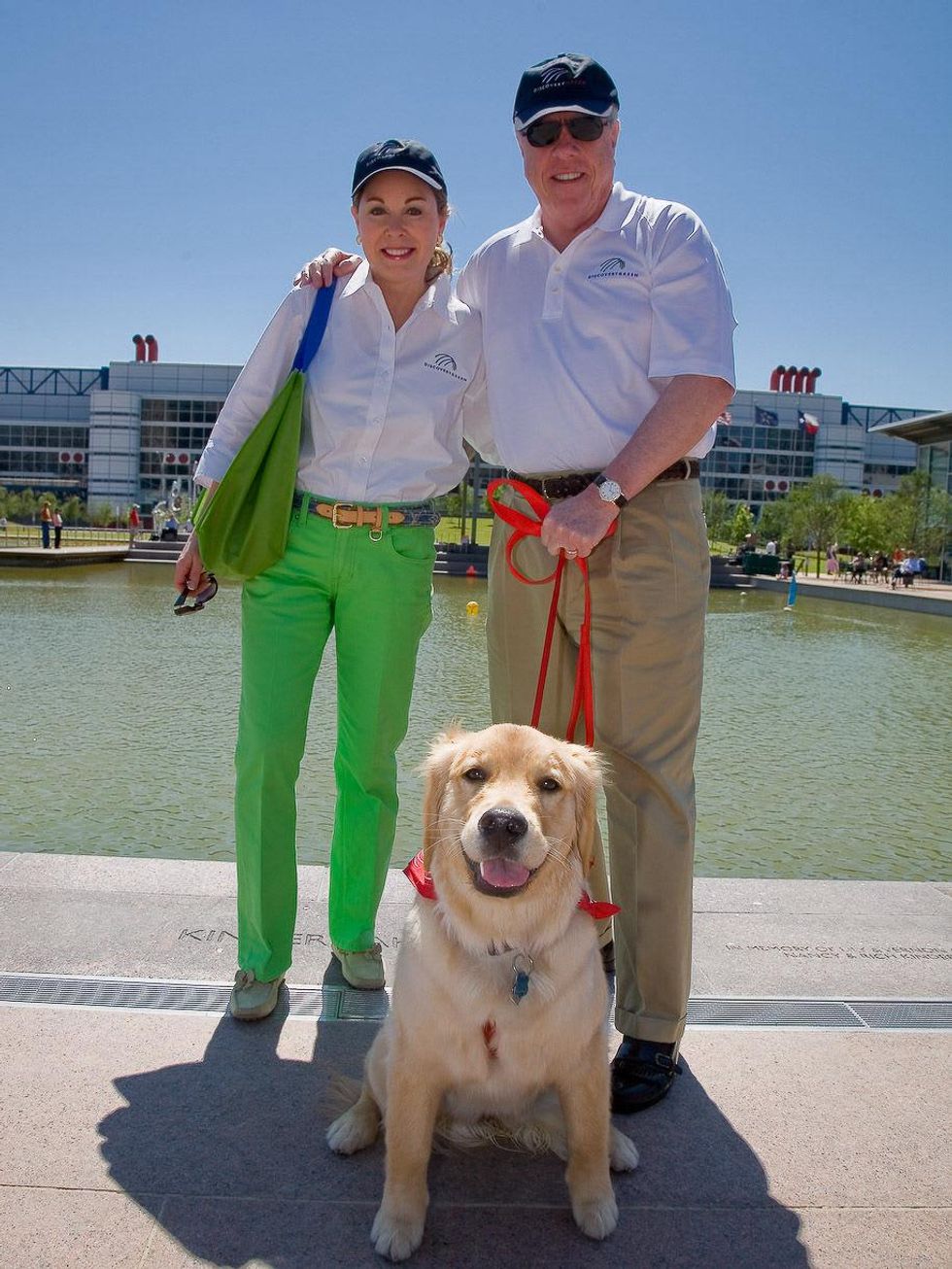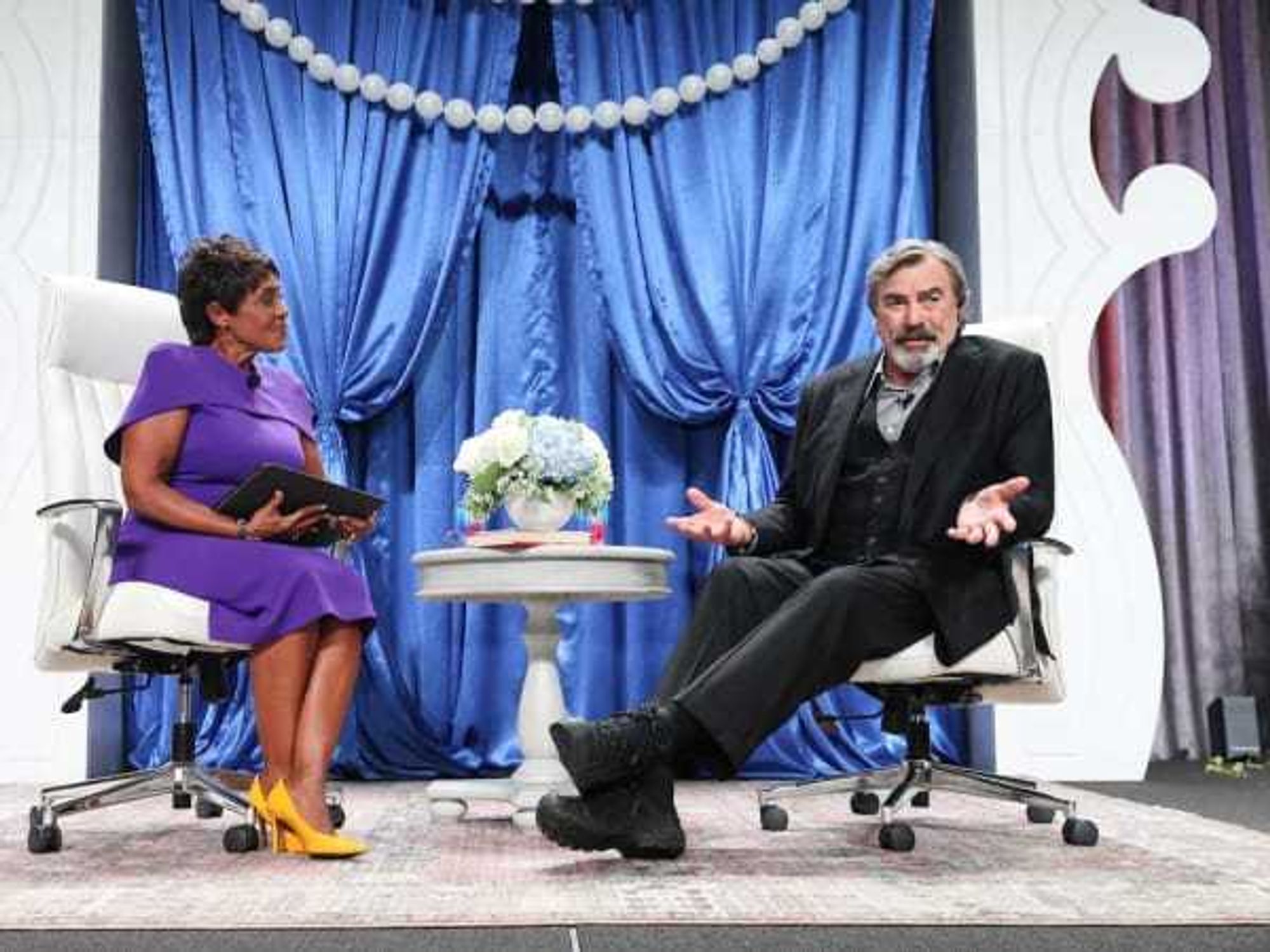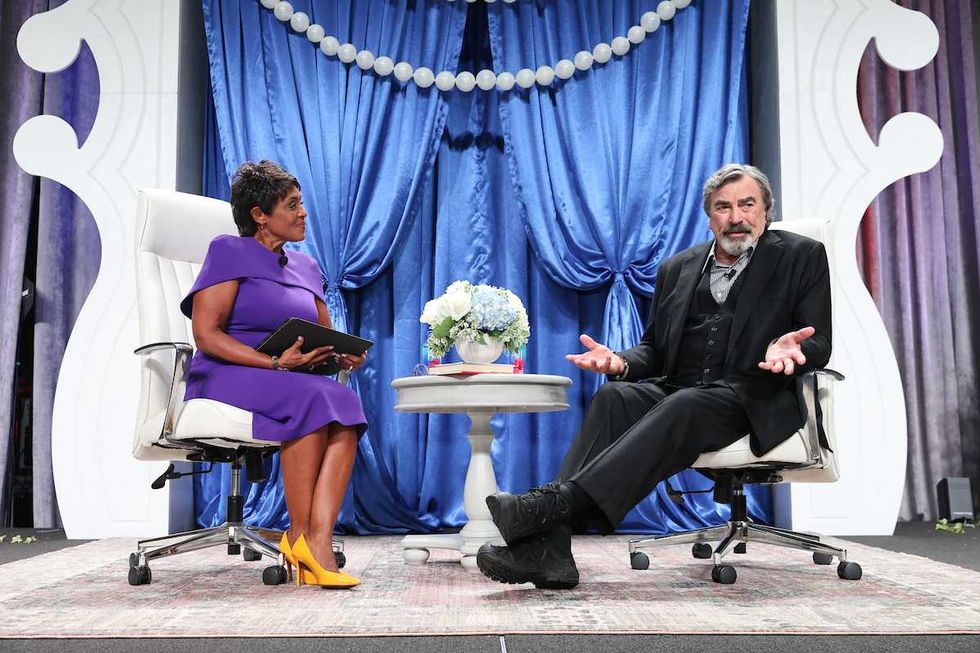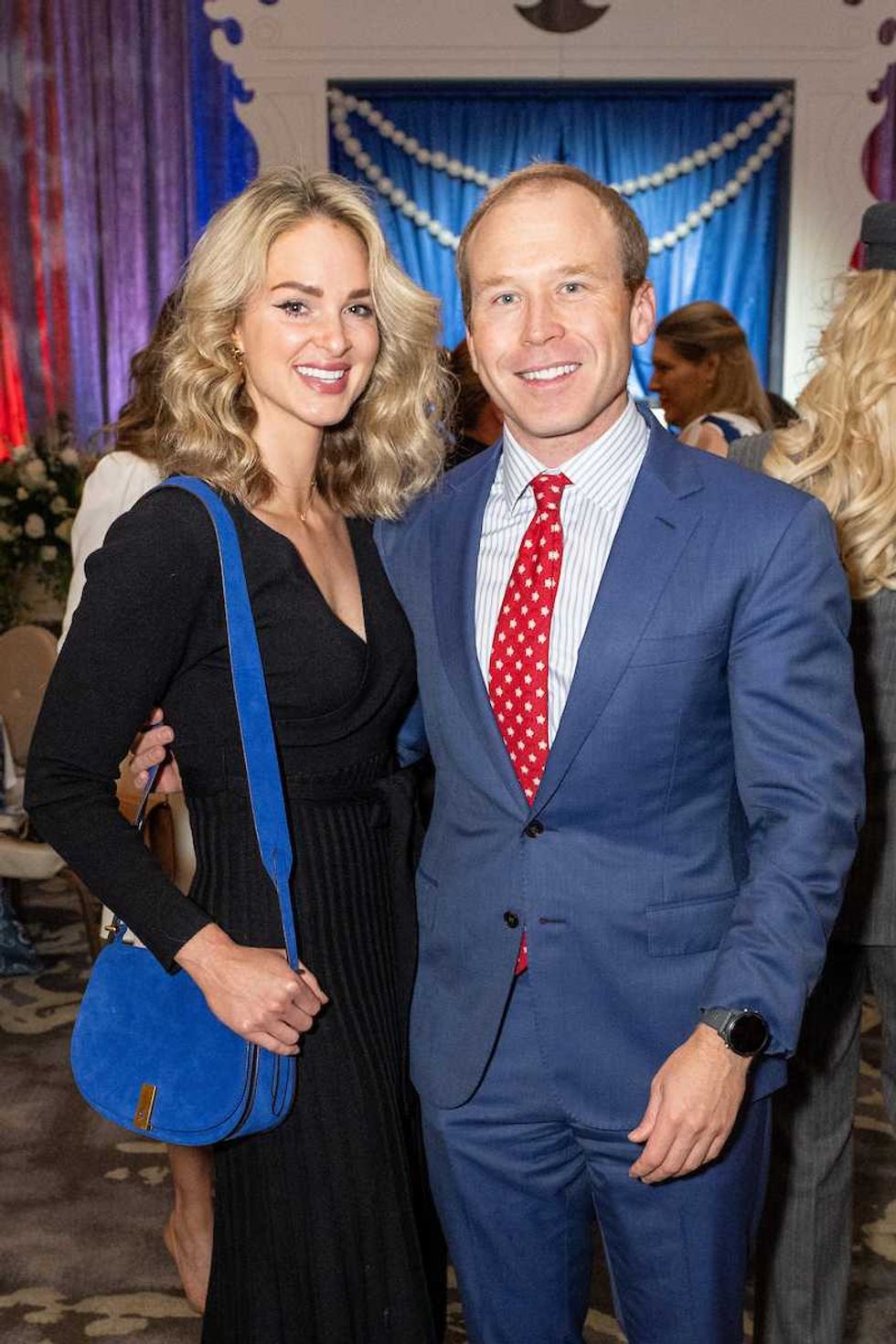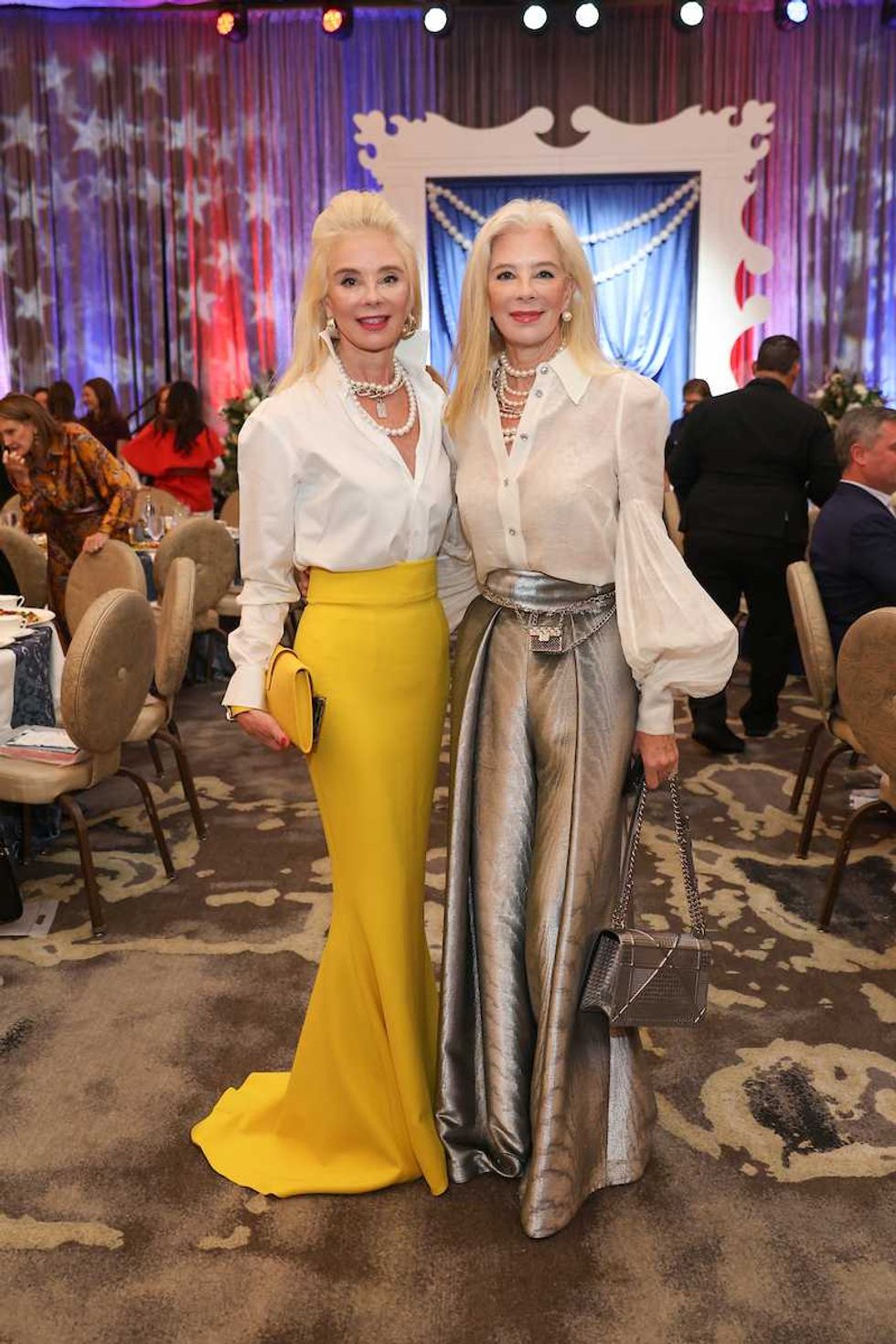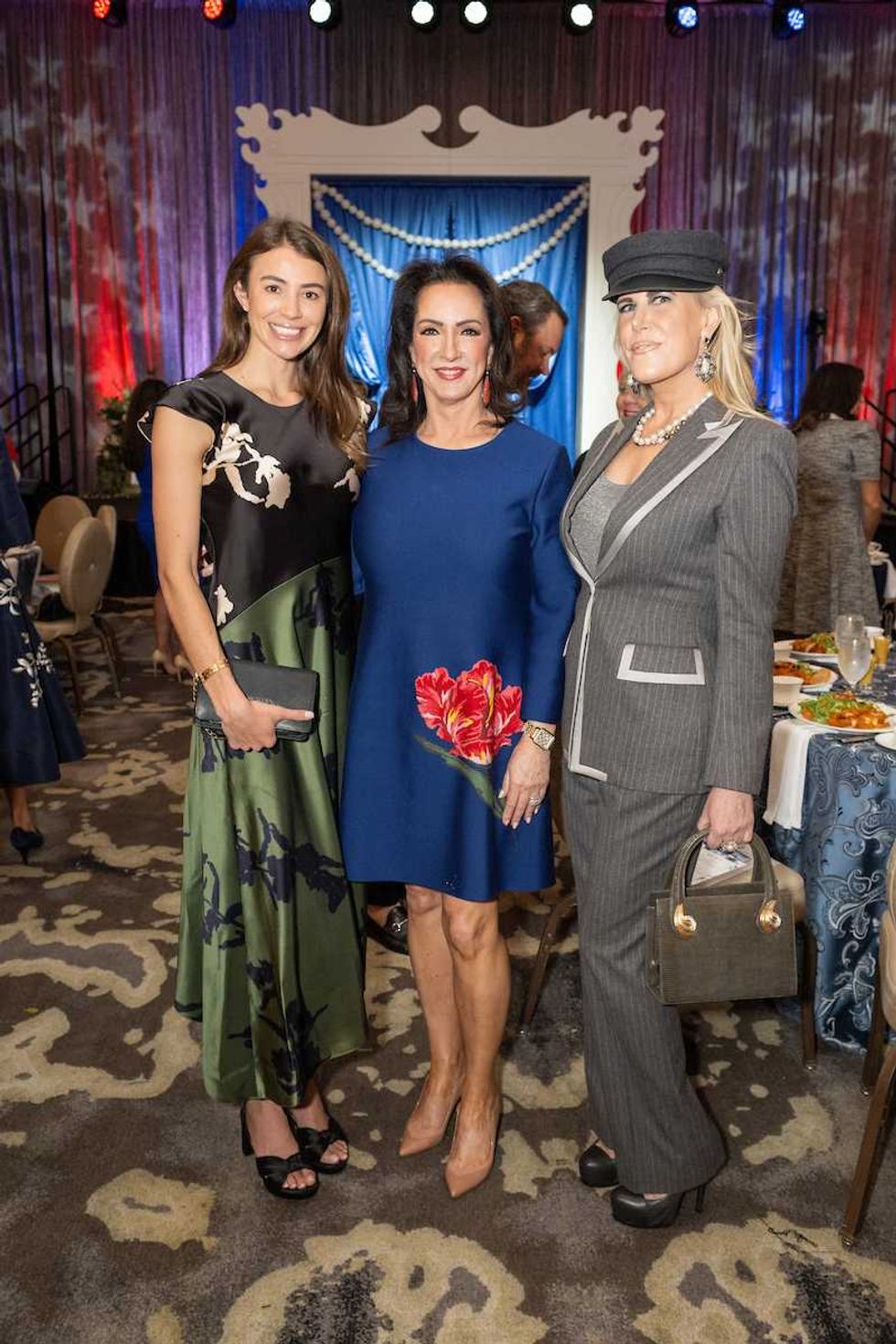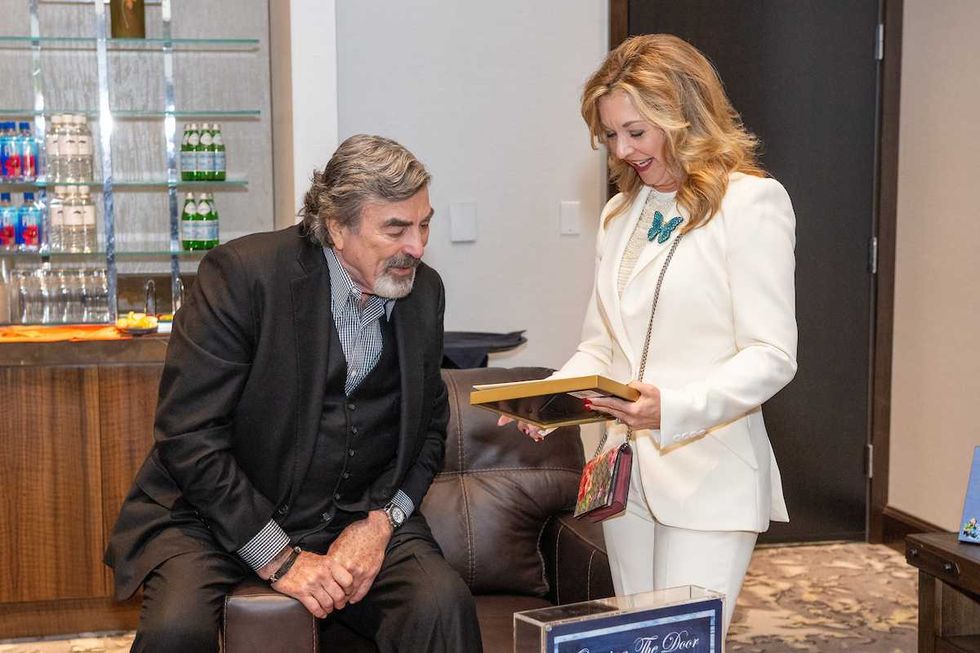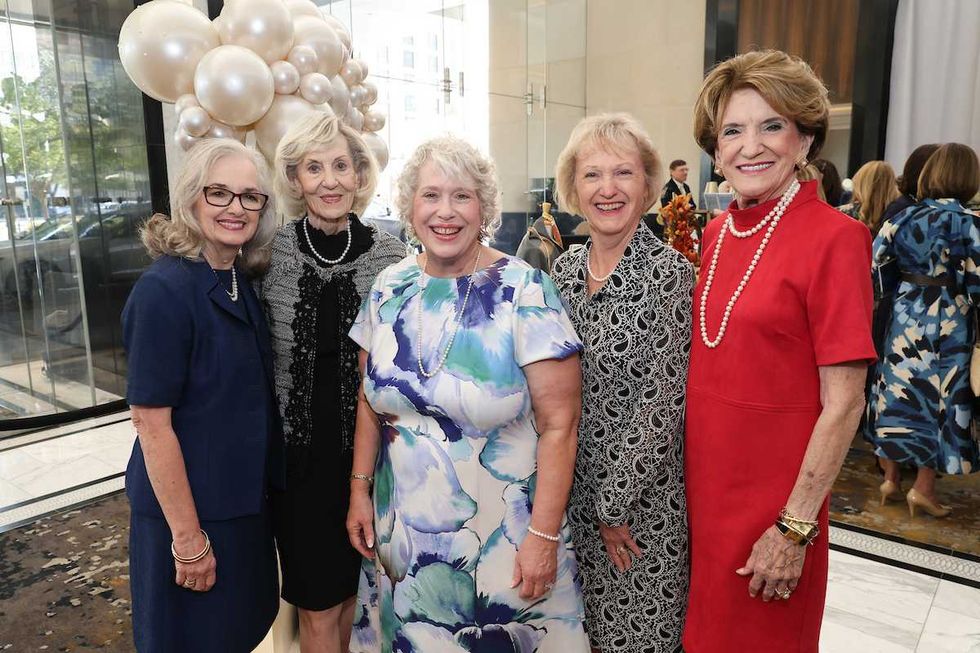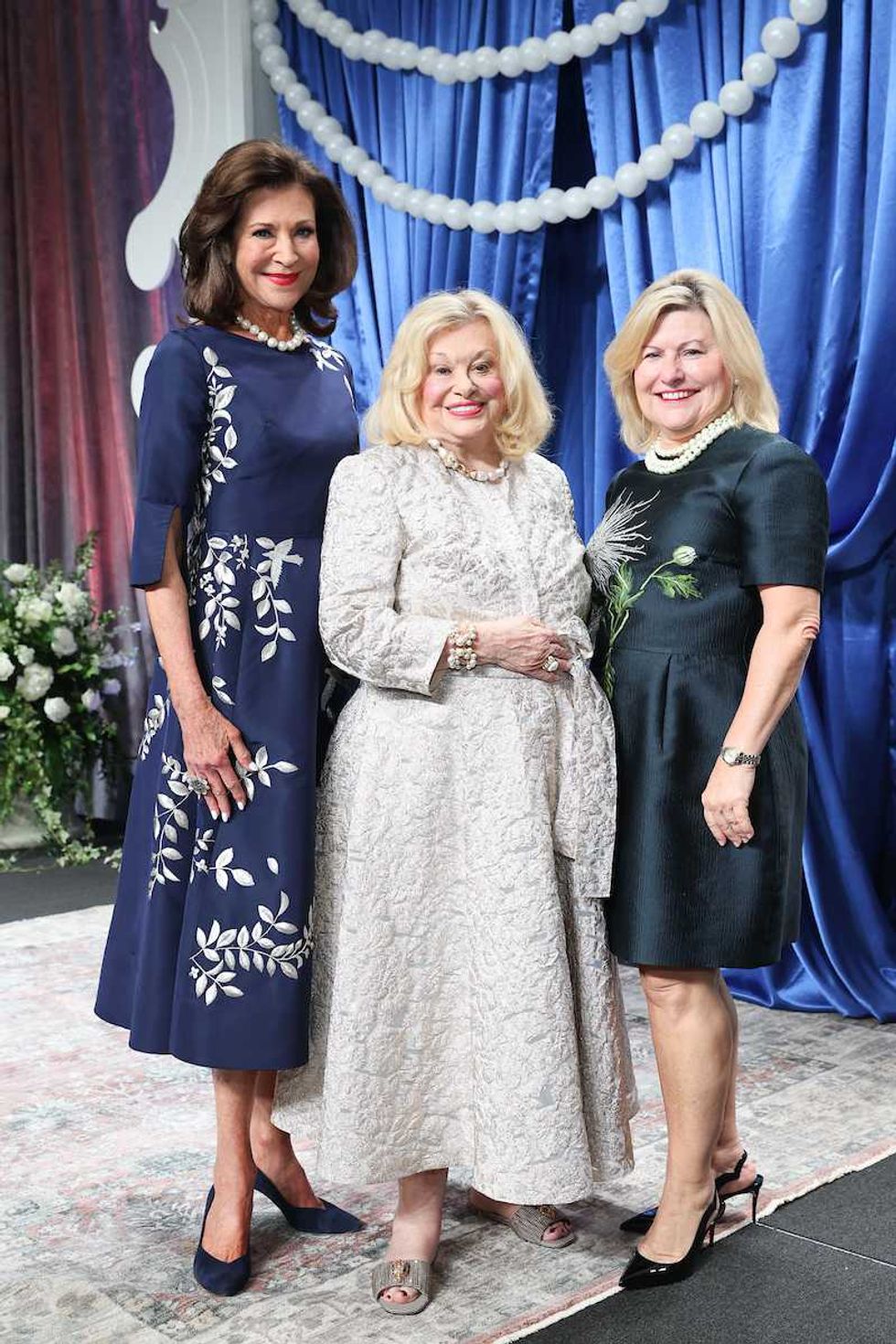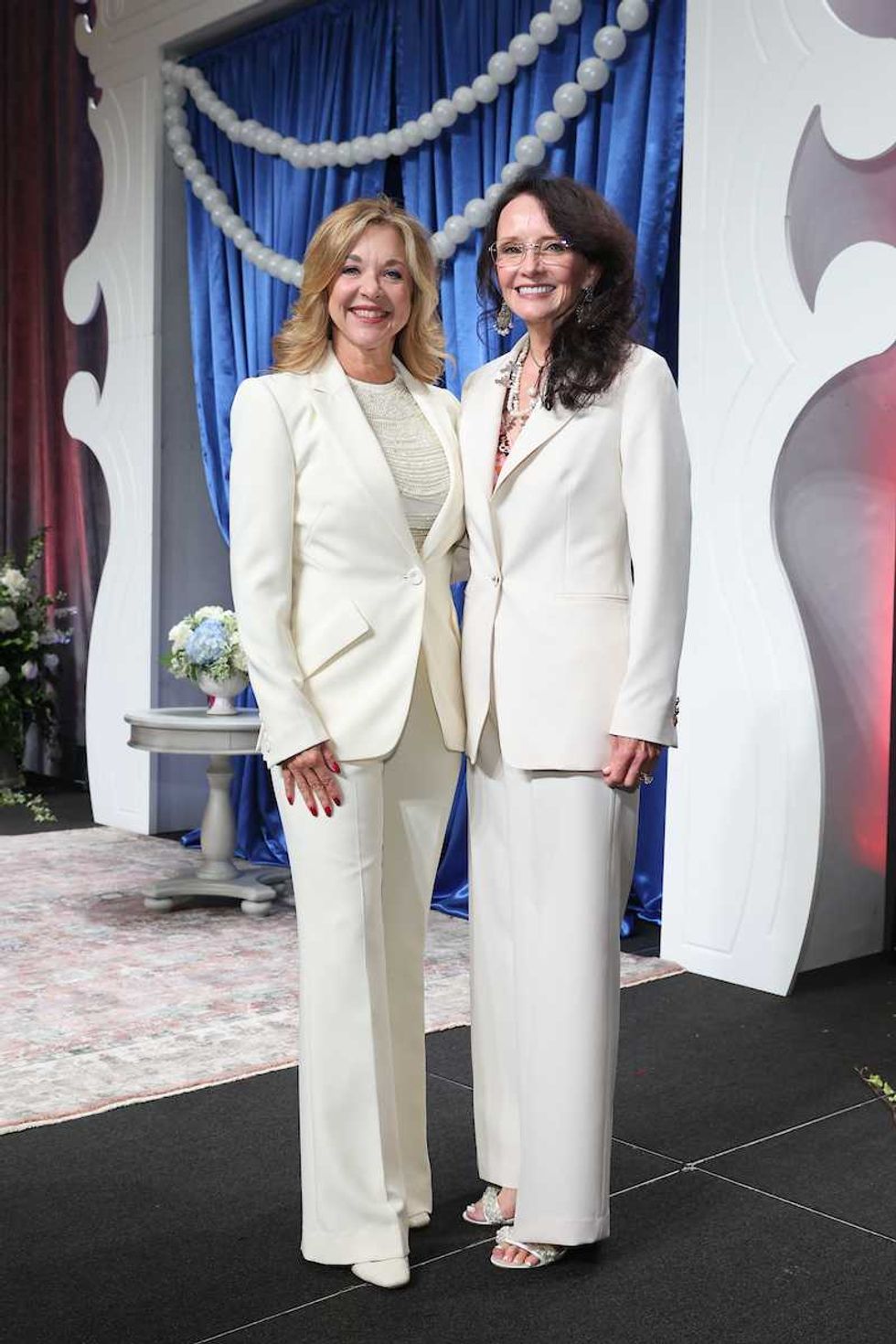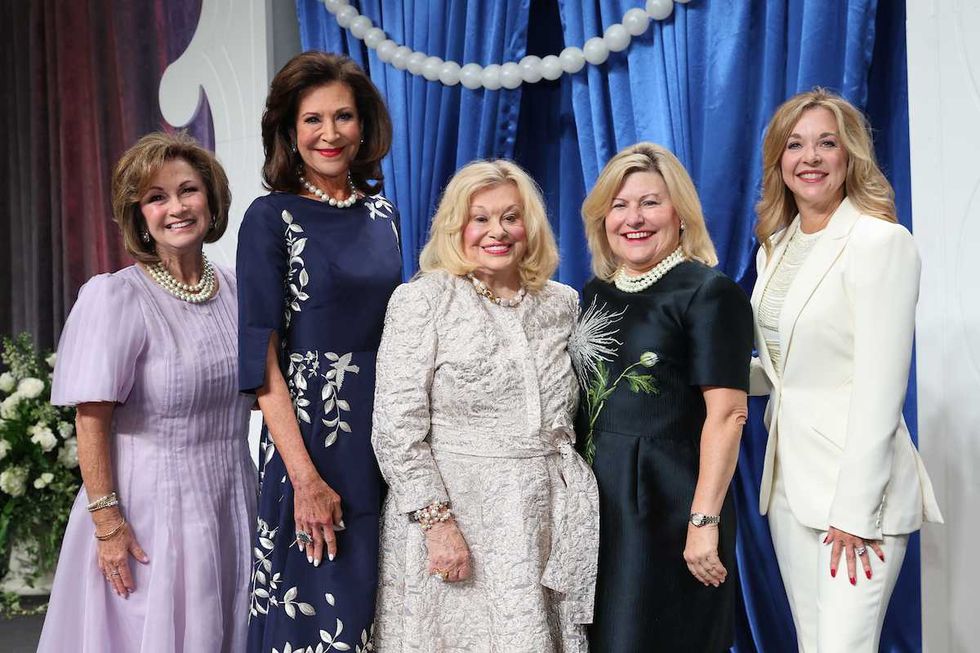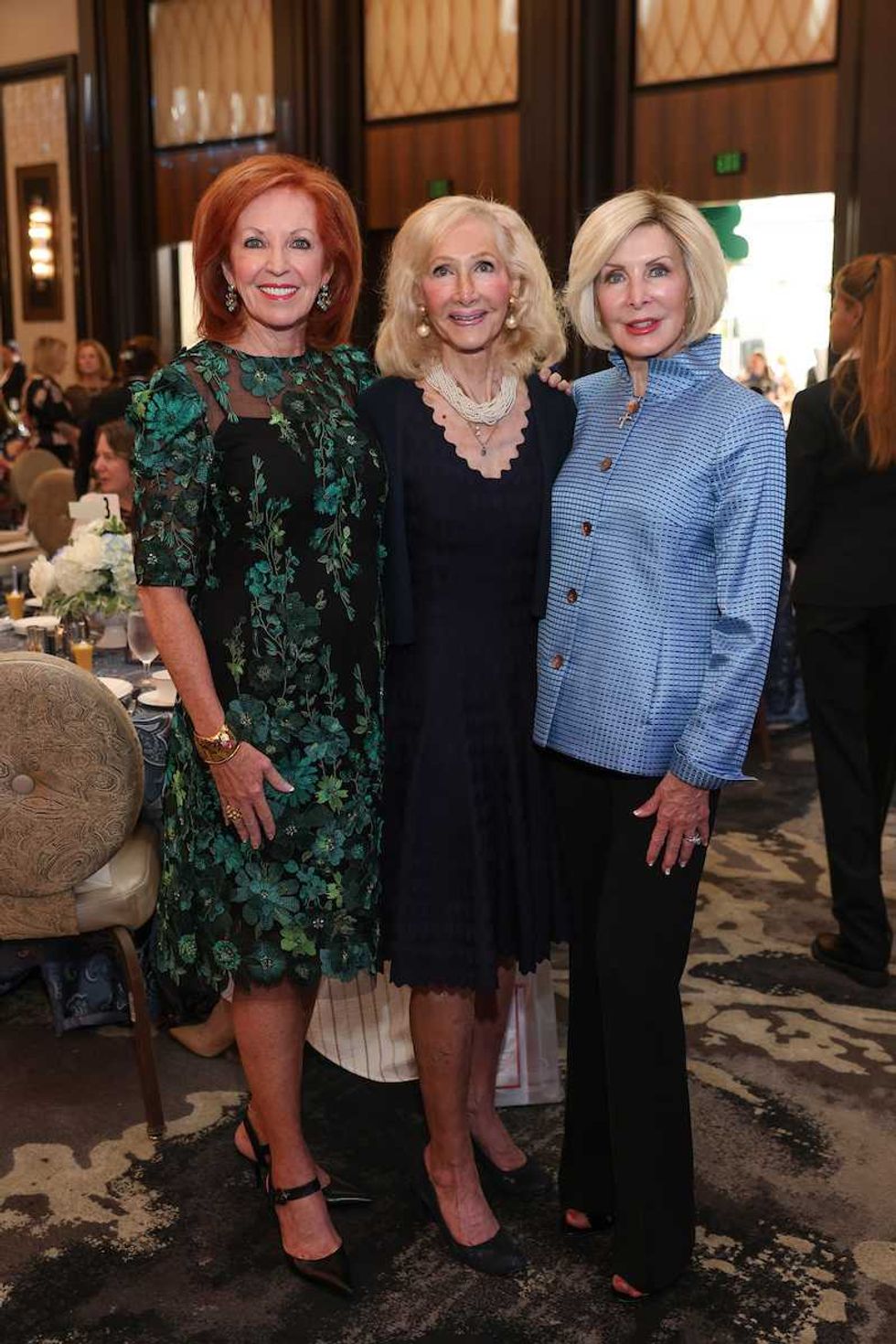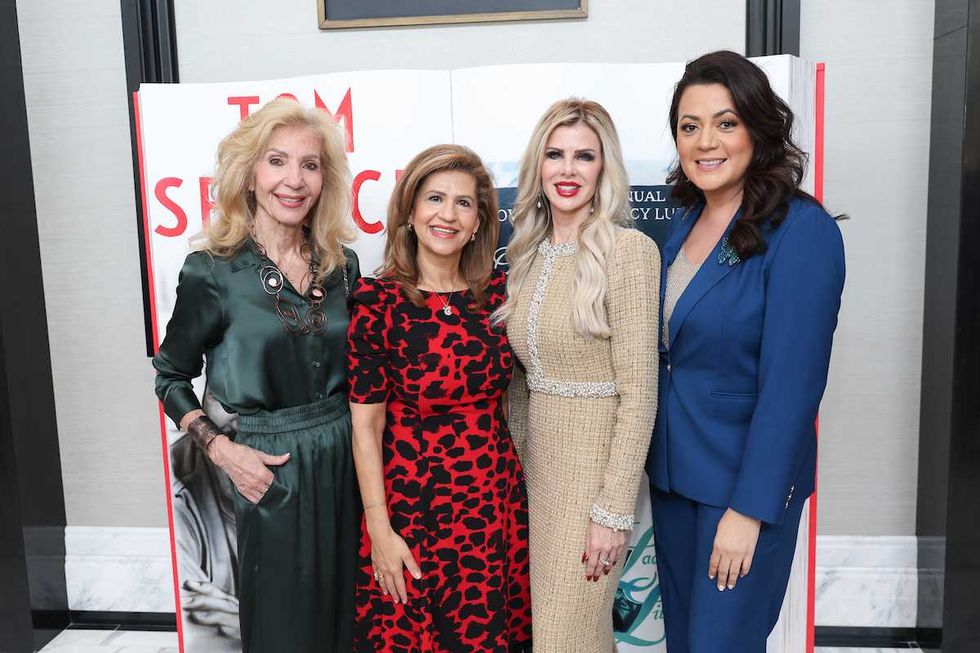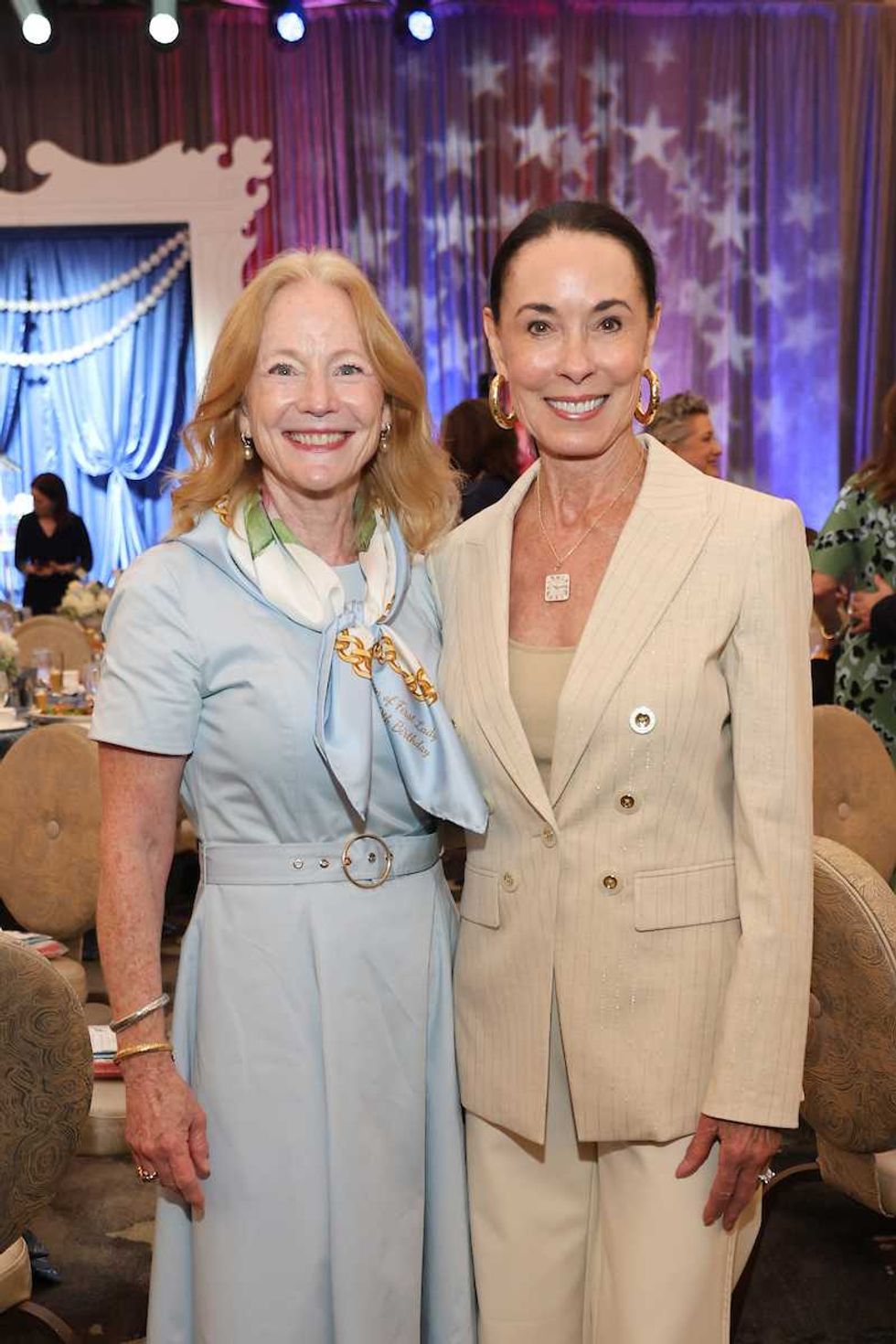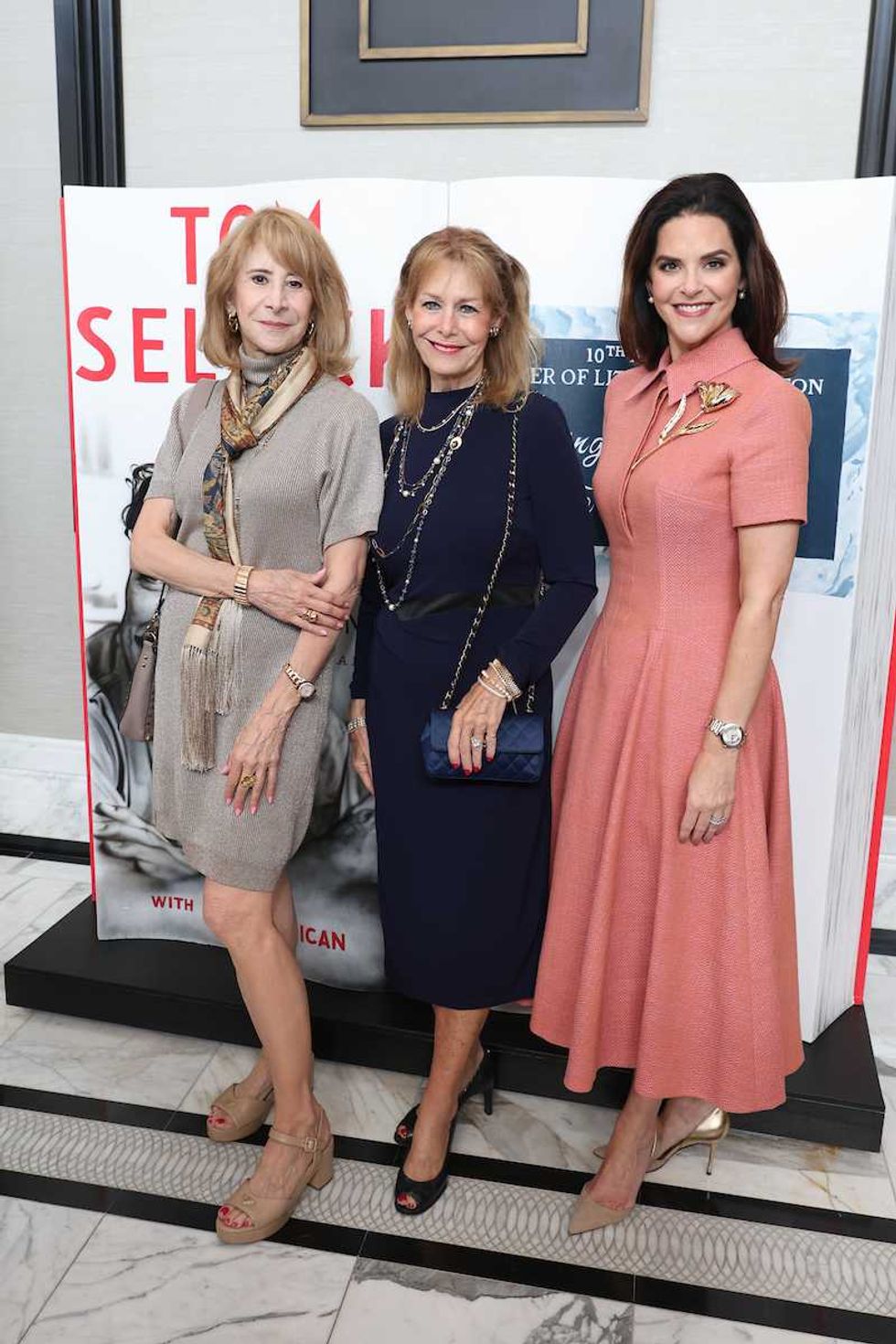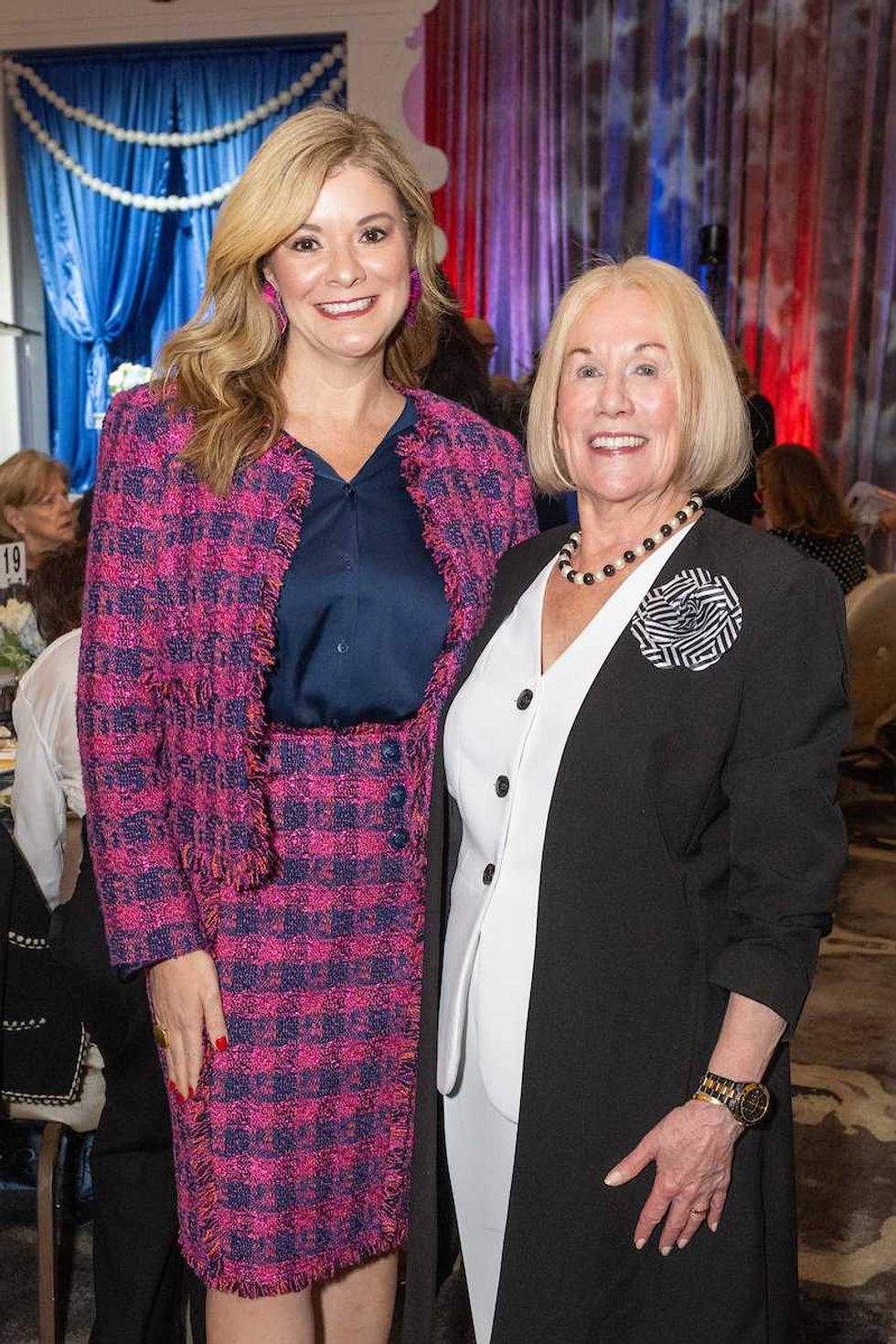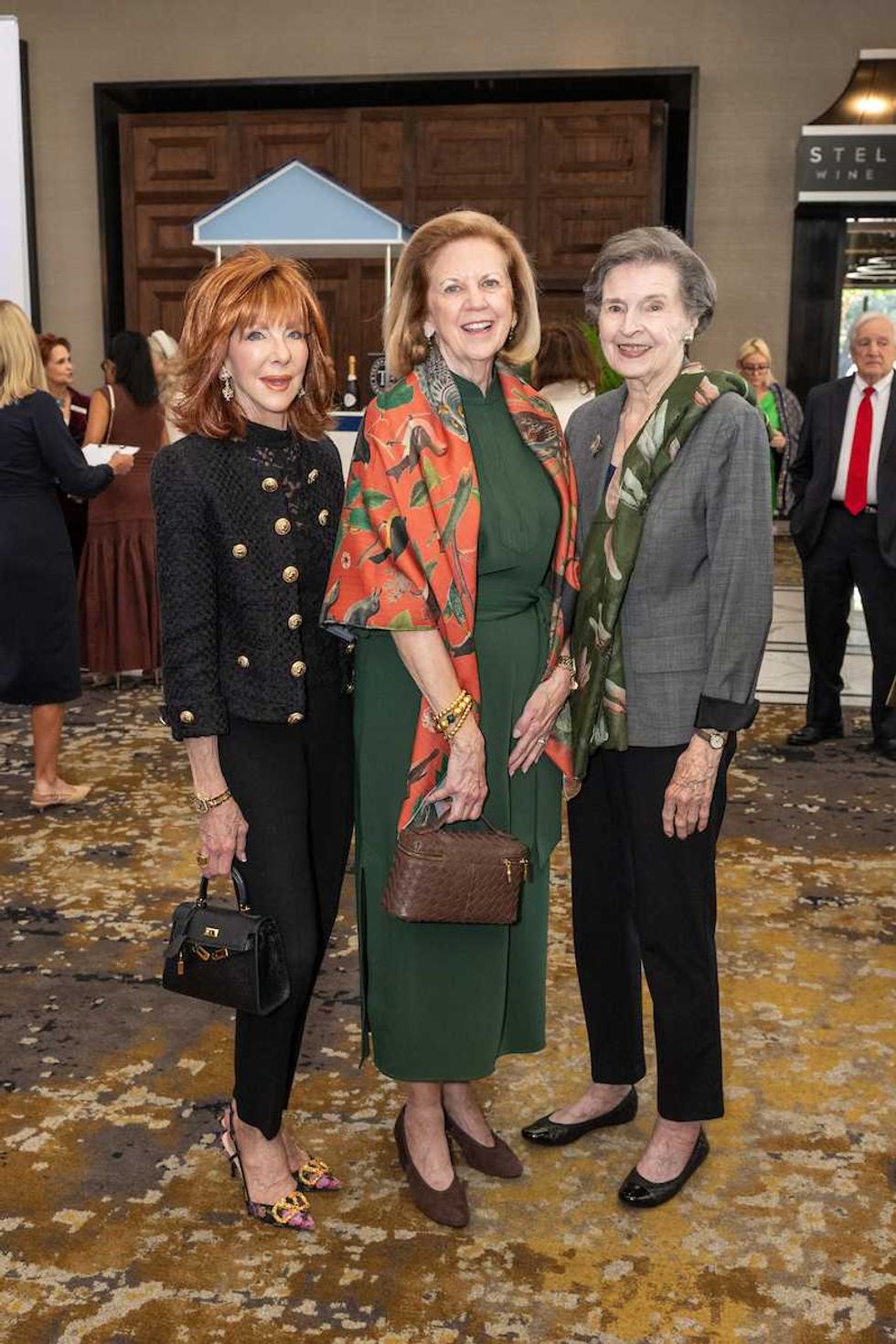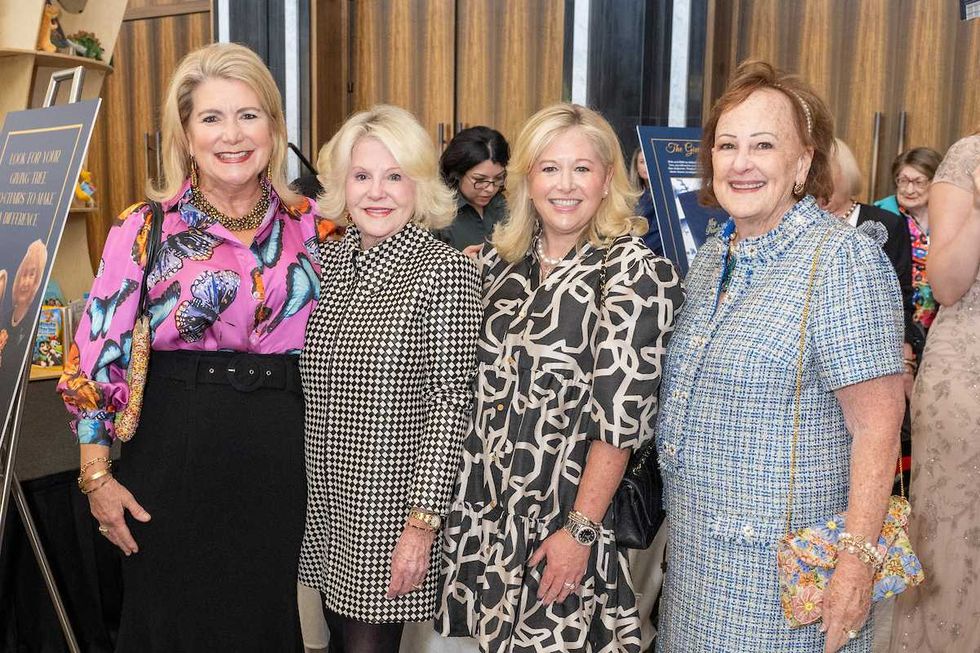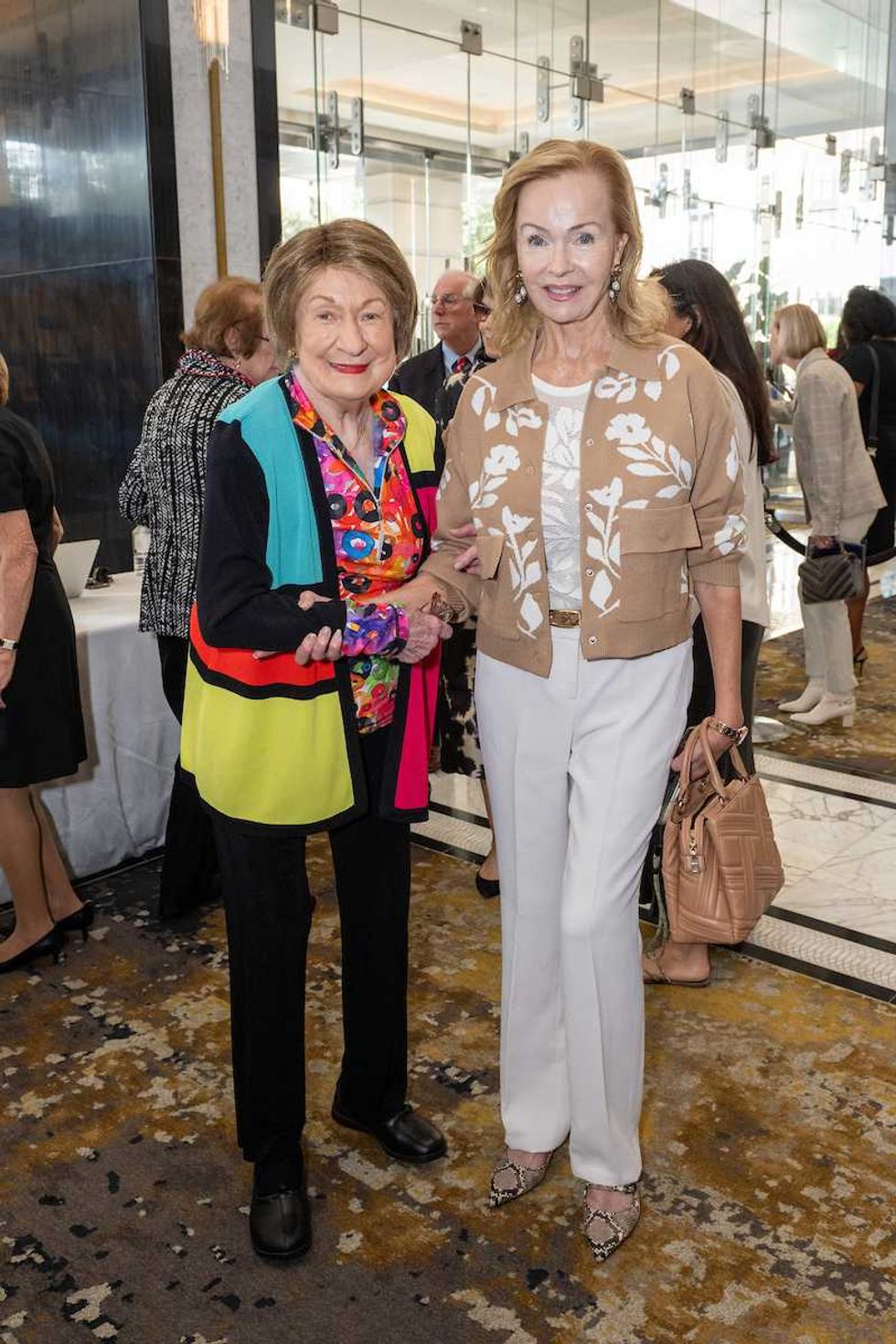Billions for Houston
$230 million given — and counting: How Nancy and Rich Kinder are determinedly changing Houston forever
With the recent announcement of the Kinder Foundation $50 million gift for the city's Bayou Geenways 2020 project, Nancy and Rich Kinder are continuing a legacy of giving based on their decision 16 years ago to contribute a significant portion of their wealth to bettering the Houston community. And that is no small task when one considers that Rich Kinder, CEO of Kinder Morgan, is estimated by Forbes Magazine to have a net worth of $10.2 billion.
Since establishing their foundation in 1997, the couple has refined and honed their skills at gift-giving through well-informed philanthropy, dispensing to date $230 million in charitable donations. In an exclusive interview with CultureMap, Nancy Kinder allowed that at the start they were not quite so savvy about the art of giving.
"Early on, we gave to everybody and that's just not the way," she said, sitting at a table in The Grove, the restaurant anchor of Discovery Green. "It wasn't good for the non-profits because everything was diluted. And it wasn't good for us . . . You just never know in 50 years if that decision you made was the right one. You just do the best you can."
In keeping with the Kinders' commitment to the Giving Pledge, on Rich's death, 95 percent of their wealth will go to their foundation.
With input from the city's big three foundations — Houston Endowment, the Brown Foundation and the Wortham Foundation — and with membership in the Washington D.C.-based Philanthropy Roundtable and in the Giving Pledge, the Kinders have been able to refine their "donor intent" and to distill their philanthropy to three distinct areas. As explained in the foundation website, the focus is on urban green space, education and quality of life.
In keeping with the Kinders' commitment to the Giving Pledge, on Rich Kinder's death, 95 percent of their wealth will go to their foundation. At current value, that would make it significantly larger than Houston Endowment.
Unlike a number of foundations, Kinder does not accept unsolicited proposals. The couple goes about their funding decisions in a different manner. "If you look around and know your community — and I've been on many development committees and really a lot of boards — then you realize what Houston is lacking," Nancy Kinder said. "For example, there are a lot of people that support the Medical Center but not a lot of people want to give to green space."
And so it was that the Kinders made their first highly-visible, despite their preference to keep a low profile, $10 million gift for the Discovery Green effort in 2002. "We just started watching green initiatives," Nancy Kinder said. "And then Discovery Green came along. This was more of a downtown development (than the current Bayou Greenways) and, of course, it did end up being a wonderful green space."
The public-private partnership of the park, along with a strong maintenance program, appealed to the Kinders' desire to make gifts with lasting impact and led them to their next big donation. "Any opportunity where we see potential, we don't wait for them to come to us," Nancy Kinder said. "We go to them and say 'Look, we have an idea.' Like the Buffalo Bayou Partnership, they came to us years ago and asked for trails. But we weren't interested because the water quality of the bayou was always an issue."
"He always says, 'Giving away money is harder than making money.' And we've seen that."
The Kinders began researching the problem and determined that much of the water issue was related to reinforcement of the banks. They called then-Mayor Bill White at home one night and offered to consider funding if a public-private partnership could be developed for the Sabine to Shepherd project of Buffalo Bayou Park. They offered $30 million to launch the program, contingent on committed funding for maintenance and operation of the green space by the non-profit Buffalo Bayou Partnership. White was on it the following day.
After much analysis, the Kinders made the $30 million pledge to launch the program, contingent on committed funding for maintenance and operation of the green space by the non-profit Buffalo Bayou Partnership, and cooperation and coordination between the Partnership, the City of Houston and Harris County Flood Control District. The public-private partnership agreements were finalized in 2010 with the full support of then Mayor Annise Parker.
"We realized that that's what we were good at because we had their attention," Nancy Kinder said. "And you're not going to have someone's attention unless you offer enough money." The Kinder Foundation funds went to earthworks, irrigation, the lakes and water features, landscaping, footpaths and lighting. "We did the dirt. No one wants to do dirt," Nancy Kinder explained. The city and Harris County Flood Control District provided the extremely important reinforcement of the bayou banks.
The role of the city's mayors has been an important one in the development of these green space projects and the Bayou Greenways 2020. "You've got to have a mayor that can see the same thing that you can see. If you have a mayor that doesn't have the vision, it doesn't happen," Nancy Kinder said.
Thus, with the Bayou Greenways 2020 gift ready to go, the Kinders were anxious that the City Council be on board before the November election. Mayor Annise Parker was already a supporter and the Kinders weren't sure that they wanted to chance having their offer on the table if the administration changed. The legal documents needed to be drawn up and the City Council accept the agreement, which again included a public-private partnership and stringent maintenance provisions. It passed council approval mid-month. The project is a go.
According to the website of the Houston Parks Board, which will manage the project, "Completing Houston’s Bayou Greenways will fulfill a 100 year old vision to create continuous and accessible parks and trails along the major bayous within the City."
The Kinders' goal in each of their areas of interest — be it in aiding inner city schools or elevating the Kinder Institute for Urban Research at Rice University to international status— is to be the absolute best. "It will take the rest of our lives to be the best," Nancy Kinder said although she believes that their urban green space focus is their best effort to date.
"I guess I'm a frustrated developer," she said of her interest in these projects, "and Rich will always be a businessman . . . and that's been a real partnership for us. We're best friends."
"If he can do what he did with Kinder Morgan, he can surely do that with philanthropy, but he always says, 'Giving away money is harder than making money.' And we've seen that."
